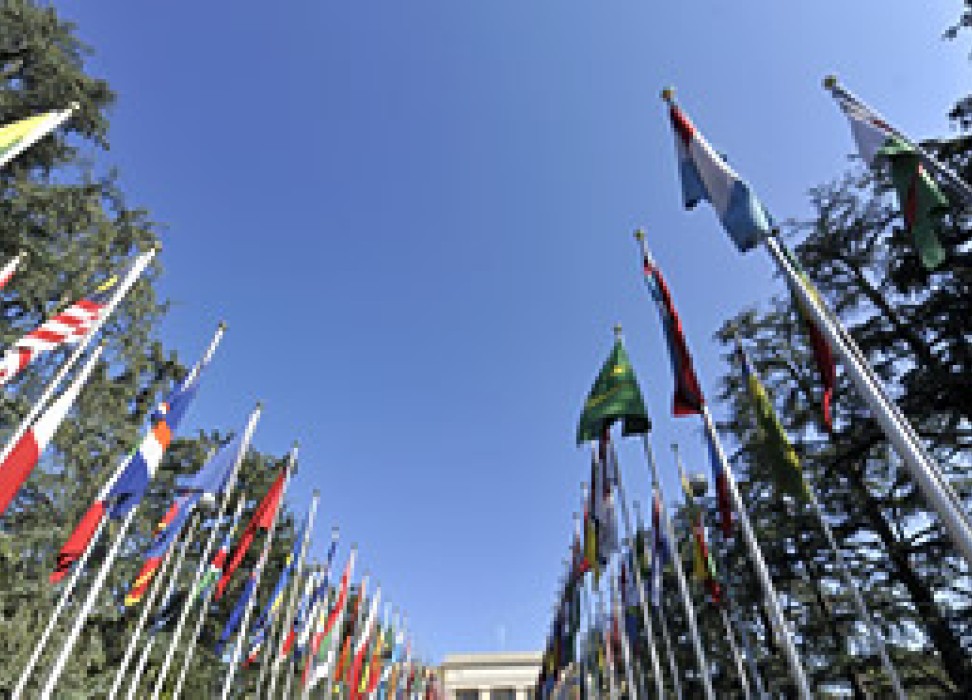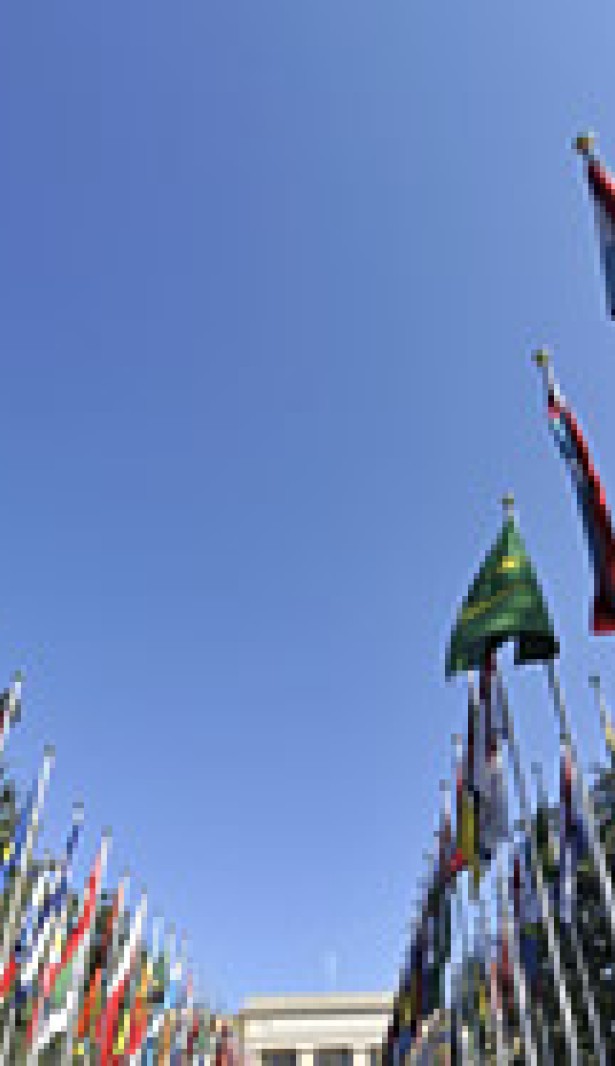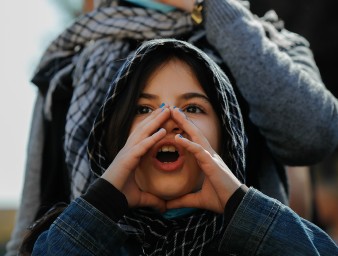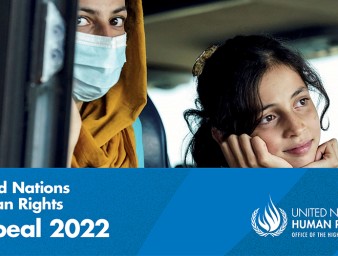Paris Principles: 20 years guiding the work of National Human Rights Institutions
30 May 2013

The Paris Principles, a set of international standards which frame and guide the work of National Human Rights Institutions (NHRIs) mark this year their 20th Anniversary. Drafted at an international NHRIs workshop in Paris in 1991, they were adopted by the United Nations General Assembly in 1993.
The Anniversary of the Principles coincides with the 20th Anniversary of the Vienna Declaration and Programme of Action, adopted at the World Conference on Human Rights in Vienna in 1993.
“This provides a unique opportunity to reflect on the NHRIs’ achievements and to reiterate the importance of ensuring that NHRIs attain and maintain credibility at the national, regional and international levels by remaining in compliance with the Paris Principles,” said UN Human Rights Chief Navi Pillay at the 26th session of the International Coordinating Committee of National Institutions for the promotion and protection of Human Rights (ICC) (6-8 May 2013).
National Human Rights Institutions are funded by the State but are independent of it: they are not non-governmental organizations but they act as “bridge” between civil societies and Governments. They are known by different names in different countries, for instance they may be called Human Rights Commission, Committee or Council, Ombudsman, Public Defender, Provedor or Defensor.
The internationally agreed Paris Principles define the role, composition, status and functions of national human rights institutions.
NHRIs must comply with the Principles which identify their human rights objectives and provide for their independence, broad human rights mandate, adequate funding, and an inclusive and transparent selection and appointment process. The Principles are broadly accepted as the test of an institution’s legitimacy and credibility.
National Human Rights Institutions receive and consider complaints of human rights violations, participate in accountability and transitional justice processes in countries affected by conflict or in transition after conflict, assist in the development of democratic institutions and organize capacity building especially in the areas of accountability, the rule of law and democracy.
The 1993 World Conference on Human Rights in Vienna represented a turning point for NHRIs. For the first time NHRIs compliant with the Paris Principles were formally recognized as important and constructive actors in the promotion and protection of human rights and their establishment and strengthening were formally encouraged.
The Conference reaffirmed the role played by national institutions, in particular in their advisory capacity to the competent authorities, their role in remedying human rights violations, in the dissemination of human rights information, and human rights education.
“Since Vienna there has been enormous growth in the number of NHRIs, from fewer than 10 two decades ago, to more than 100 internationally accredited institutions today,” said Pillay.
The UN Human Rights Office assists NHRIs to achieve the standards set down in the Paris Principles and acts as the Secretariat of the ICC and its Sub-Committee on Accreditation. Each year, the Office assists the ICC Sub-Committee on Accreditation to review compliance of a number of NHRIs with the Paris Principles. The Office also assists the Sub-Committee to improve it working methods aimed at a more and more rigorous, fair and transparent process that promotes the legitimacy and credibility of accredited NHRIs.
2013 marks the 20th anniversary of the World Conference on Human Rights, which led to the adoption of the Vienna Declaration and Programme of Action and the establishment of a High Commissioner for Human Rights. Its creation gave a new impetus to the recognition of human rights principles which has seen fundamental progress in the promotion and protection of human rights. In the past 20 years, national human rights institutions have developed into increasingly independent and authoritative actors actively engaging with the UN human rights mechanisms.
30 May 2013



